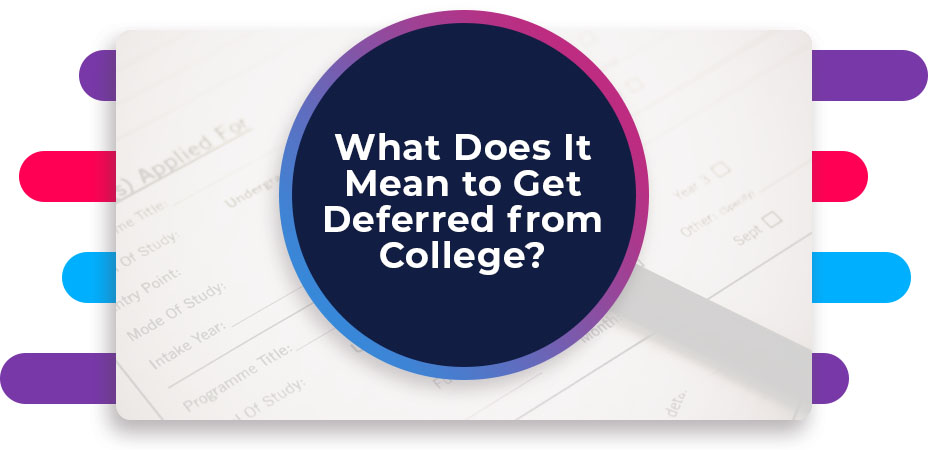Include your degree, major, school name, and graduation year in the resume education section. Add academic honors, certifications, relevant coursework, or GPA if it strengthens your application. List entries in reverse chronological order, starting with the most recent education.
Why Your Resume’s Education Section Matters
The education section of a resume proves your formal education, shows relevant coursework, and highlights achievements important to hiring managers. Employers verify degrees, skills, and qualifications, especially when job postings list a college degree or academic background as requirements.
According to the National Association of Colleges and Employers (NACE), over 60% of hiring managers check academic credentials before interviews. Including clear education history boosts credibility and matches applicant tracking systems (ATS) filters.
Key takeaway: A well-formatted education section increases your chances of getting shortlisted for entry-level positions, professional roles, or advanced degree jobs.

Where to Place Education on Your Resume
List the education section above work experience if you are a recent graduate or have minimal professional experience. For professionals with several years of work history, place education after work experience to emphasize skills and accomplishments.
General rule:
- Recent graduates: Education at the top.
- Experienced professionals: Work history first, then education.
Hiring managers expect to find the education section easily. Maintain formatting consistent with the rest of the resume.
How to Format Your Education Section
Follow this clear structure to ensure resume builder tools and human recruiters quickly find key information:
| Section | What to Include | Example Format | Notes |
|---|---|---|---|
| Degree | Name of degree, major/minor | Bachelor of Science in Biology | List in reverse-chronological order. |
| Institution | School name, city, and state | University of California, Los Angeles, CA | Include high school only if no college degree. |
| Graduation Date | Year or expected graduation date | Expected Graduation: May 2025 | Include if recent or ongoing education. |
| GPA | GPA if above 3.0 and relevant | GPA: 3.8 | Optional, boosts strong academic background. |
| Relevant Coursework/Projects | Courses or academic projects | Relevant Coursework: Data Structures, Algorithms | Tailor to job requirements. |
| Honors/Awards | Dean’s List, scholarships | Dean’s List (2022-2025), National Merit Scholar | Highlight academic achievements. |
| Certifications | Certifications or licenses | Certified Project Manager, PMI, 2024 | Adds credibility, especially for technical roles. |
Use reverse chronological order: start with the most recent degree first, such as a master’s degree before a bachelor’s degree or associate degree.
What Information to Always Include
To maximize the impact of the education section, always list:
- Degree type and program (e.g., Bachelor’s degree in Business Administration)
- Institution and location (e.g., Harvard University, Cambridge, MA)
- Graduation date or expected graduation date
- Grade point average (GPA) if 3.0 or higher
- Relevant coursework, academic projects, or certifications
Example format:
Bachelor of Science in Civil Engineering
University of Michigan, Ann Arbor, MI
Expected Graduation: May 2026
GPA: 3.7
Relevant Coursework: Structural Analysis, Project Management, Transportation Systems
Include certifications such as from the Project Management Institute or verified online courses from Coursera if they relate to the job description.
Handling Incomplete Degrees, Ongoing Education, and Special Cases
List incomplete education carefully to maintain credibility.
Examples:
- If you are still attending college:
Bachelor of Arts in Marketing
New York University, New York, NY
Expected Graduation: December 2025 - If you have incomplete education:
Coursework Completed toward Bachelor of Science in Computer Science
Stanford University, Stanford, CA
Credit Hours Completed: 90/120
If you completed relevant courses or academic projects without earning a full degree, list them under “Professional Development” or “Additional Training.”
Ongoing education strengthens applications, especially for entry-level job seekers or those switching career paths.
Common Mistakes to Avoid in the Education Section
Avoid these errors to ensure potential employers trust your academic credentials:
- Lying about graduation dates or degree type
- Listing outdated or irrelevant coursework when applying for professional experience roles
- Leaving out GPA when strong (above 3.5) for entry-level positions
- Failing to format education consistently (different font sizes or bullet styles)
- Not customizing education listings to match job postings (e.g., listing a high school diploma first when you have an undergraduate degree)
Tip: Always match your education details to the job requirements clearly and directly.
Final Notes: Mastering the Resume Education Section
The education section directly impacts your chances of interviews. By listing degrees, majors, relevant coursework, honors, and certifications clearly, you build credibility fast.
Always list education history accurately, highlight academic achievements, and format consistently.
Whether you are a recent graduate, attending college, or seeking advanced degrees, education proves you meet professional expectations.
Use simple formatting, focus on academic background that matches the career journey, and back up your credentials with relevant coursework and formal education.
FAQs No One Else is Answering
Below are uncommon questions we get asked about this topic.
What should I do if my degree title changed after I graduated (e.g., program renamed)?
List the degree exactly as on your diploma. Add the current program name in parentheses.
Example:
Bachelor of Science in Information Systems (now Computer Science), University of XYZ.
How do I list education from a non-accredited institution or uncompleted online courses?
List relevant non-degree education under “Professional Development” or “Additional Training.”
Example:
Professional Development: Data Analytics Certificate (Coursera, 2024)
Should I include education gaps (time without schooling) in my education section?
No. The education section is for listing degrees and achievements only, not timelines or explanations. Address gaps verbally if needed during interviews.
How do I list dual degrees or double majors/minors?
List both degrees or majors on the same line if from the same institution. List separately if from different schools.
Example:
Bachelor of Arts in Psychology and Sociology, University of XYZ, 2025
or
Bachelor of Science in Chemistry, University A, 2024
Bachelor of Arts in History, University B, 2024
Example Resume Education Sections
Recent Graduate Example:
Bachelor of Science in Mechanical Engineering
Massachusetts Institute of Technology, Cambridge, MA
Graduation Date: June 2024
GPA: 3.9
Relevant Courses: Thermodynamics, Fluid Mechanics, Design Thinking
Academic Honors: Magna Cum Laude, National Honor Society
Experienced Professional Example:
Master of Business Administration (MBA), Business Administration
Wharton School, University of Pennsylvania, Philadelphia, PA
Graduated: 2020
Certifications: Certified Project Manager (PMI), 2021
Bachelor of Science in Finance
University of Texas at Austin, Austin, TX
Graduated: 2015
Key Takeaways
- Always list your most recent degree first using reverse chronological order.
- Include relevant coursework if you have limited work experience.
- Add academic honors, certifications, and GPA to strengthen your application.
- Keep formatting consistent to look professional across your resume.
- Use strong, factual language to present your education history clearly.







